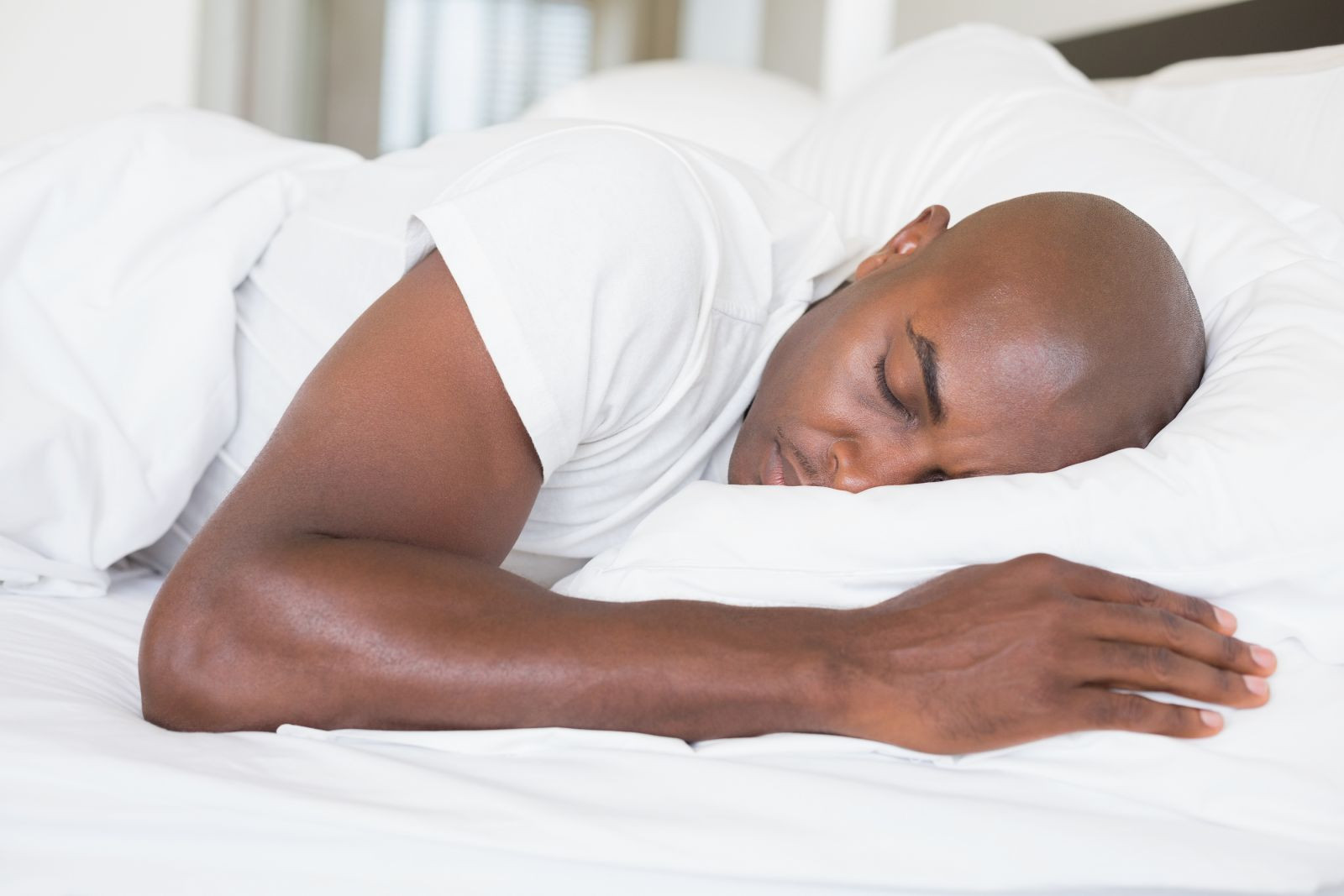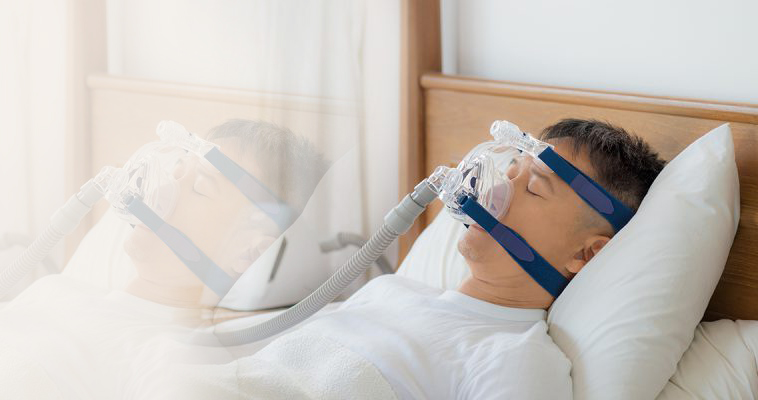Effective Treatment Solutions for Managing Rest Disorders and Enhancing Relaxed Rest
In the realm of healthcare, the monitoring of rest conditions and the pursuit for restful rest are crucial parts of total well-being. Effective therapy services use a complex method to deal with these challenges, ranging from cognitive behavior treatments to alternative methods that promote relaxation and mindfulness. The expedition of numerous strategies, consisting of the integration of drug and light therapy, opens a world of opportunities in the pursuit of far better rest quality. As we navigate the detailed landscape of rest problems and look for to improve our rest experience, a much deeper understanding of these therapy solutions may hold the secret to opening a more rejuvenating and satisfying restorative journey.
Cognitive Behavior Modification for Sleeplessness (CBT-I)
Cognitive Behavior Modification for Insomnia (CBT-I) is an organized, evidence-based therapy approach that focuses on dealing with the underlying elements adding to rest disruptions. This type of treatment aims to change habits and ideas that exacerbate sleep problems, inevitably advertising healthy rest patterns. CBT-I typically entails numerous essential components, including cognitive therapy, sleep restriction, stimulation control, and sleep hygiene education.
Cognitive treatment assists individuals recognize and change unfavorable thought patterns and beliefs regarding sleep that may be impeding their capability to fall or remain asleep. Sleep limitation includes limiting the quantity of time invested in bed to match the individual's actual sleep period, thereby boosting sleep effectiveness (cognitive behavioral therapy for insomnia (CBT-I)). Stimulus control techniques assist establish a solid organization in between the bed and rest by encouraging individuals to visit bed just when sleepy and to avoid involving in boosting tasks in bed
Furthermore, sleep health education and learning concentrates on establishing healthy and balanced sleep habits, such as preserving a constant sleep schedule, creating a relaxing bedtime regimen, and maximizing the rest atmosphere. By resolving these variables adequately, CBT-I uses an effective non-pharmacological treatment for taking care of sleeplessness and boosting total sleep quality.
Sleep Health Practices
Having developed the foundation of cognitive restructuring and behavior adjustments in attending to insomnia via Cognitive Behavioral Therapy for Sleep Problems (CBT-I), the focus now shifts towards checking out vital Rest Hygiene Practices for maintaining optimal rest high quality and general well-being.
Sleep health methods encompass a series of routines and environmental factors that can dramatically affect one's capacity to sleep and stay asleep throughout the night. Constant rest and wake times, developing a relaxing bedtime regimen, and enhancing the rest atmosphere by maintaining it dark, silent, and cool are important components of good rest health. Limiting exposure to displays prior to bedtime, avoiding energizers like high levels of caffeine near bedtime, and engaging in regular exercise throughout the day can additionally promote far better sleep high quality.
Additionally, practicing leisure strategies such as deep breathing exercises or reflection before bed can assist soothe the mind and prepare the body for rest. By integrating these sleep hygiene techniques right into one's daily regimen, people can establish a healthy and balanced sleep pattern that sustains relaxing rest and total wellness.
Leisure Strategies and Mindfulness
Executing leisure methods and mindfulness practices can play an essential duty in fostering a sense of calmness and promoting high quality rest. In addition, led images can aid transport individuals to a tranquil location in their minds, assisting in anxiety decrease and improving sleep quality.
By integrating these practices into a going to bed regimen, people get redirected here can signal to their bodies that it is time to prepare and relax for rest. Overall, integrating leisure methods and mindfulness techniques can substantially contribute to handling sleep conditions and boosting overall rest top quality.

Medication Options for Rest Disorders
After checking out relaxation methods and mindfulness techniques as non-pharmacological treatments for boosting sleep high quality, it is important to think about medicine choices for people with sleep disorders. In cases where way of living changes and treatment do not supply adequate alleviation, medication can be a useful device in taking care of rest disruptions.
Generally suggested medications for rest problems include benzodiazepines, non-benzodiazepine hypnotics, antidepressants, and melatonin receptor agonists. Antidepressants, such as trazodone, can be beneficial for people with co-occurring depression and sleep disruptions - insomnia therapy.
It is critical for people to seek advice from a healthcare provider to establish one of the most suitable drug choice based on their certain sleep condition and case history.
Light Treatment for Circadian Rhythm Policy
Light treatment, also recognized as phototherapy, is a non-invasive therapy approach utilized to manage body clocks and boost sleep-wake cycles. This treatment involves exposure to intense light that resembles natural sunlight, which aids to reset the body's body clock. By exposing people to specific wavelengths of light, commonly in the morning or evening depending on the preferred effect, light treatment can effectively adjust the body clock to advertise wakefulness throughout the day and improve relaxing sleep during the night.
Study has shown that light therapy can be especially advantageous for people with body clock problems, such as postponed sleep phase our website disorder or jet lag. It can also be handy for those experiencing seasonal affective disorder (SAD), a kind of depression that typically occurs during the cold weather when natural light direct exposure is lowered. Light treatment is usually well-tolerated and can be utilized in conjunction with various other therapy methods for rest conditions to enhance outcomes and improve general rest top quality.
Conclusion
To conclude, effective treatment solutions for handling rest disorders and improving peaceful sleep consist of Cognitive Behavior modification for Sleeping Disorders (CBT-I), sleep hygiene practices, relaxation techniques and mindfulness, medicine options, and light therapy for body clock guideline. These approaches can help people improve their sleep high quality and general health. It is necessary to speak with a doctor to establish one of the most ideal approach for dealing with rest problems.
As we browse the complex landscape of sleep problems and seek to improve our rest experience, a deeper understanding of these treatment remedies may hold the secret to unlocking a much more refreshing and meeting restorative trip.
Rest constraint includes limiting the amount of time spent in bed to match the person's real rest period, consequently increasing rest performance. Constant rest and wake times, developing a relaxing going to bed regimen, and maximizing the rest environment by maintaining it dark, peaceful, and cool are important elements of excellent rest hygiene. Light treatment is typically well-tolerated and can be utilized in conjunction with various other treatment approaches for rest disorders Website to optimize end results and enhance total sleep top quality.
